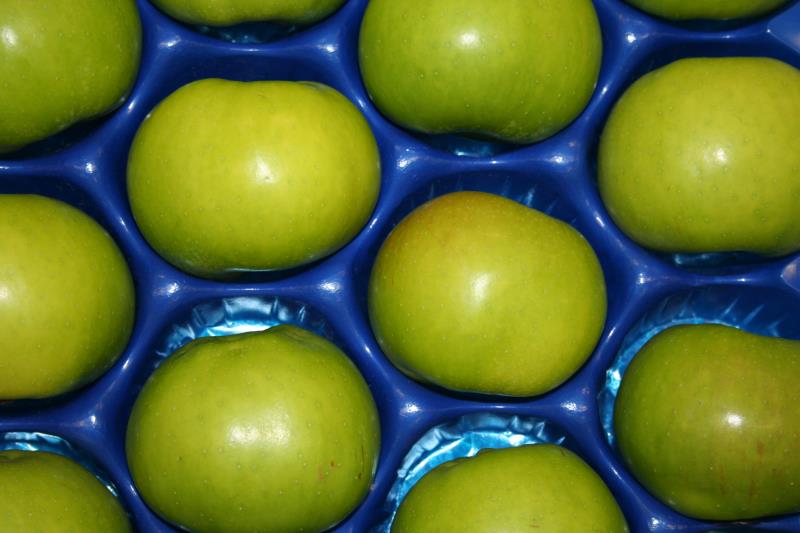Background
Published as part of the Commission’s second Circular Economy Action Plan, the proposal aims to achieve this by reducing packaging waste, promoting cost-effective circular economy principles, and increasing the use of recycled materials in packaging.
Among the proposed changes are a move from a Directive to a Regulation, meaning that the law will become binding in all Member States. The proposals also outline the aim to eliminate single use packaging for less than 1.5kg of fresh fruit and vegetables from entry into force of the Regulation. Additionally, non-compostable fruit and vegetable stickers will be banned 2 years after entry into force of the Regulation, and contact-sensitive packaging made from polyethylene terephthalate (PET), widely used in food and drink packaging, must contain 30% recycled content by 2030. Targets will incrementally increase over the next 20 years to become more ambitious.
Re-use and re-filling are other key elements of the proposals, with mandatory re-use targets applied to wine (excluding sparkling wine) and spirits, with targets of 5% from January 2030 and 15% from January 2040 to be sold in reusable packaging. This is alongside other proposals including a ban on avoidable packaging, such as mini-shampoo bottles in hotels.
More information
For more information and to view the proposals, see here.
